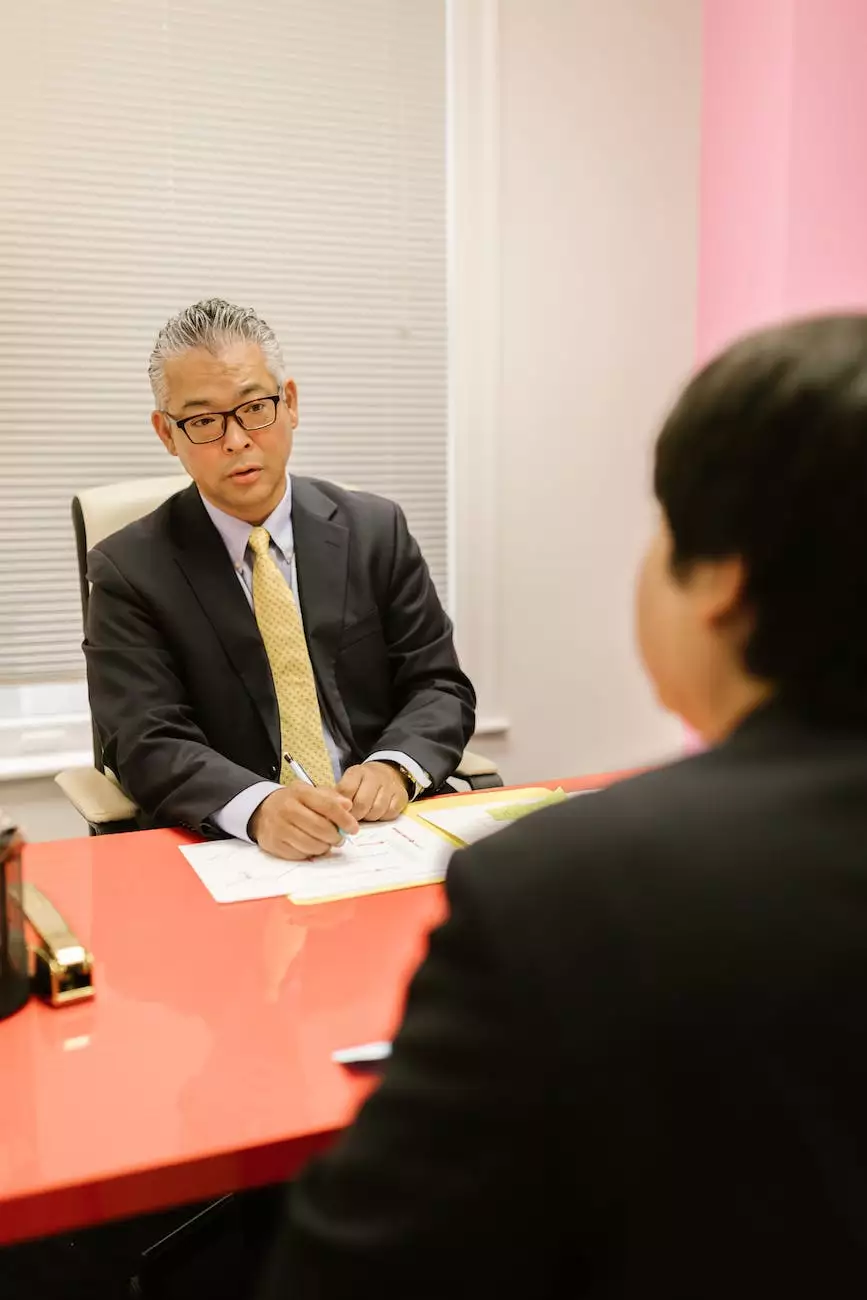Common Scalp Problems: How To Treat Them
Skin Care
Introduction
Welcome to the informative guide on common scalp problems and their effective treatments. In this article, Smith, Arthur F, MD, a renowned and experienced health professional in the field, provides comprehensive insights to help you address various scalp issues and promote a healthier scalp.
Understanding the Scalp
The scalp, an integral part of our body, is often overlooked when it comes to skincare routines. However, it plays a vital role in our overall health and well-being. The scalp is home to numerous hair follicles, sebaceous glands, and sweat glands, all of which contribute to its proper functioning and appearance.
Common Scalp Problems
Dandruff
Dandruff is a common scalp condition characterized by white flakes that can be visible on the hair and shoulders. It is caused by various factors, including dry skin, certain skin conditions, fungal infections, or excessive oil production. Dandruff can be itchy and embarrassing, but it can be effectively treated with proper scalp care and the use of medicated shampoos containing active ingredients like zinc pyrithione or ketoconazole.
Scalp Psoriasis
Scalp psoriasis is a chronic autoimmune condition that causes the rapid growth of skin cells, resulting in thick and scaly patches on the scalp. It can be accompanied by itching, redness, and even hair loss in severe cases. Treatment options for scalp psoriasis include topical corticosteroids, salicylic acid shampoos, coal tar preparations, and phototherapy.
Alopecia Areata
Alopecia areata is an autoimmune disorder that leads to hair loss in patches on the scalp. The exact cause is unknown, but it is believed to be a combination of genetic and environmental factors. Treatment for alopecia areata may include corticosteroid injections, topical immunotherapy, or minoxidil applications to stimulate hair regrowth.
Seborrheic Dermatitis
Seborrheic dermatitis is a common condition that causes inflammation and flaking of the scalp. It is often associated with an overgrowth of yeast called Malassezia. Symptoms include redness, greasy scales, and itching. Management of seborrheic dermatitis involves regular cleansing of the scalp with mild shampoos, antifungal treatments, and topical corticosteroids for severe cases.
Itchy Scalp
Itchy scalp can be caused by various factors, including dry skin, dandruff, scalp infections, or allergic reactions to hair products. To alleviate itching, it is important to maintain proper scalp hygiene, use gentle shampoos, avoid hot water, and refrain from scratching to prevent further irritation.
Treatments and Home Remedies
Effective Shampooing Techniques
Proper shampooing techniques are crucial to maintaining a healthy scalp. Start by wetting the hair and scalp thoroughly, then apply a moderate amount of shampoo. Gently massage the scalp using your fingertips in circular motions to promote blood circulation and remove any impurities. Rinse thoroughly and repeat if necessary.
Moisturizing the Scalp
Moisturizing the scalp is essential to prevent dryness and flaking. Use a moisturizing conditioner or natural oils like coconut oil, almond oil, or jojoba oil to nourish the scalp and keep it hydrated. Aloe vera gel can also be beneficial in soothing an irritated scalp.
Balanced Diet for Healthy Hair and Scalp
Ensuring a well-balanced diet that includes essential vitamins, minerals, and antioxidants is crucial for maintaining a healthy scalp and promoting hair growth. Include foods rich in omega-3 fatty acids, vitamin D, zinc, and biotin, such as fatty fish, eggs, nuts, leafy greens, and whole grains.
Stress Management
Stress can contribute to various scalp problems. Practice stress management techniques such as yoga, meditation, or engaging in hobbies that help you relax and reduce stress levels. Adequate sleep and regular exercise also play a significant role in maintaining a healthy scalp.
Avoiding Harsh Hair Products
Avoid using hair products that contain harsh chemicals, strong fragrances, or alcohol, as they can irritate the scalp and lead to scalp problems. Opt for natural and mild hair care products that are suitable for your hair type and scalp condition.
Consulting a Health Professional
While the above remedies can be effective in managing common scalp problems, it is essential to consult a qualified health professional, such as Smith, Arthur F, MD, for a proper diagnosis and tailored treatment plan. A dermatologist or trichologist can provide expert advice and prescribe medications or advanced treatments when necessary.
Conclusion
Promoting a healthy scalp is crucial for maintaining overall hair health and preventing common scalp problems. By following proper scalp care routines, utilizing effective home remedies, and seeking professional guidance when needed, you can achieve a healthy scalp and enjoy lustrous, problem-free hair.




